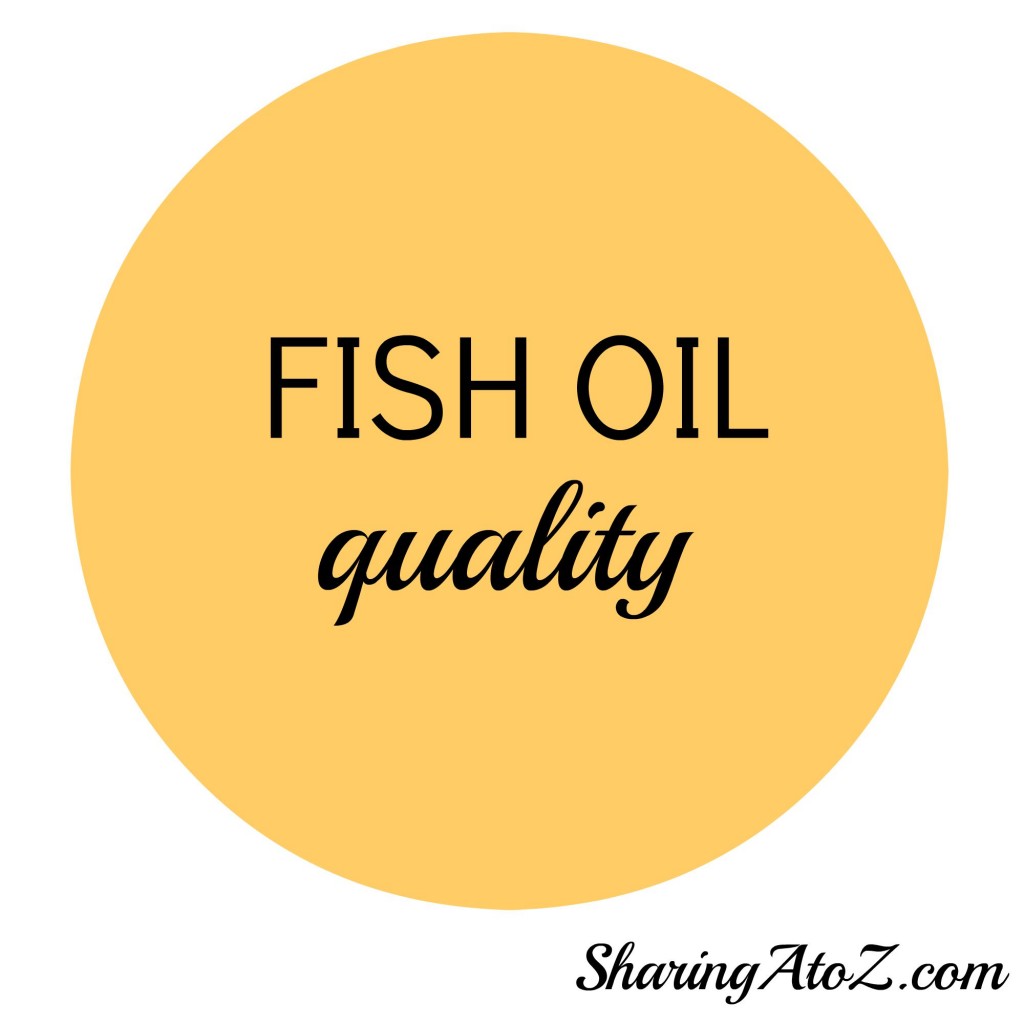We talked about the benefits of fish oil here. However, when purchasing fish oil, the choices can be overwhelming. The information below can assist with selecting a quality fish oil.
One of the more common nutrient deficiencies in the most people’s diet is the lack of EPA and DHA found in fish oil.¹
Following dietary suggestions to consume 2-3 servings of fish a week – especially cold water, oily fish — is good advice to ensure adequate EPA/DHA, but most consumers do not eat fish that frequently. Many consumers are concerned about the risk of contaminants in many common fish. In fact, many consumers question whether the health benefits of eating fish outweigh those of eating fish that could contain mercury, lead, or other toxins.
Recent reports do suggest that there may be cause for concern about the quality of our fish. Imported seafood accounts for around 80 percent of the fish we consume, and according to the U.S. Government Accountability Office (GAO), only about 2 percent of imported seafood is inspected (and only 0.1 percent is tested for banned drug residues). Farmed fish seems to be no better with many of these fish containing PCB’s and other chemicals with serious long-term health effects. While mercury is certainly a concern, fish may also contain lead, arsenic cadmium, dioxin or other toxins.
With all of these concerns, many people turn to supplemental fish oil as a solution. When fish oil is properly processed, contaminants can be removed or reduced to levels where they should not pose a risk.
When choosing a clean fish oil, look for the following:
- Quality Company: Not all fish oil is created equal. Find a company you can trust that has a long history of quality production
- Molecular Distillation: This process places the fish oil under a vacuum, which allows it to boil at a much lower temperature (protecting it from damage). Molecular distillation allows for EPA and DHA to be removed and the heavy metals left behind. A benefit of the process is that the EPA/DHA is concentrated and fishy odor/taste is reduced. When done correctly, molecular distillation is capable of reducing the toxins in fish oil to levels considered to be safe by the EPA and other agencies.
- Small Fish: Bioaccumulation occurs when toxins accumulate as we move up the food chain. A small amount of a toxin is no problem in a small fish, but as a larger fish eats thousands of small fish, it now has accumulated more of that toxin. When still larger fish now eats hundreds of those fish, toxins concentrate even more. Companies using small fish help to reduce the bioaccumulation of toxins.
- Sustainability: Fisheries must be managed to ensure we have a good source of fish oil well into the future. Friends of the Sea is an international conservation organization that sets strict criteria for sustainability. Friends of the Sea only certify products made from fish stocks that are not overexploited. Attention is paid to population size and catch limits and avoiding harvesting at spawning time.
Ensuring quality should be a priority for anyone looking to get the most out of their fish oil.
| 1 | Danaei G, Ding EL, Mozaffarian D, et al. The preventable causes of death in the United States: comparative risk assessment of dietary, lifestyle, and metabolic risk factors. PLoS Med. 2009 Apr 28;6(4):e1000058. PMID: 19399161. |
I am not a doctor. The information provided on this website is not intended to diagnose or treat any medical or mental health condition. Please consult your healthcare provider. I share personal uses and information I find useful that has helped me and my family.


